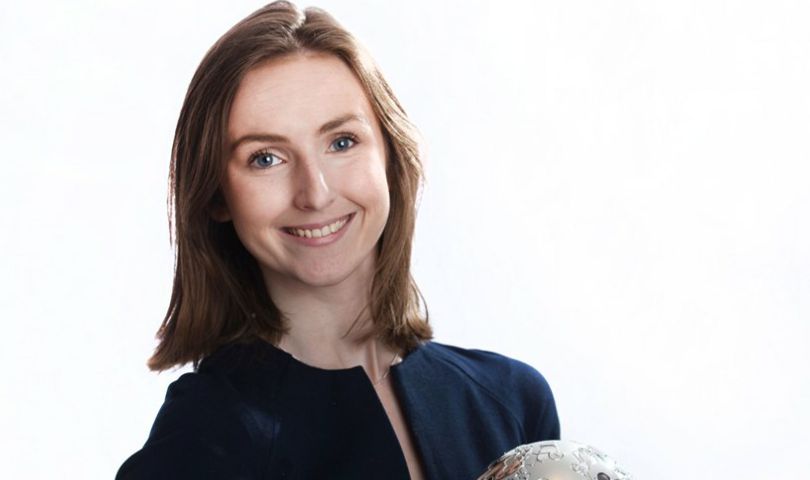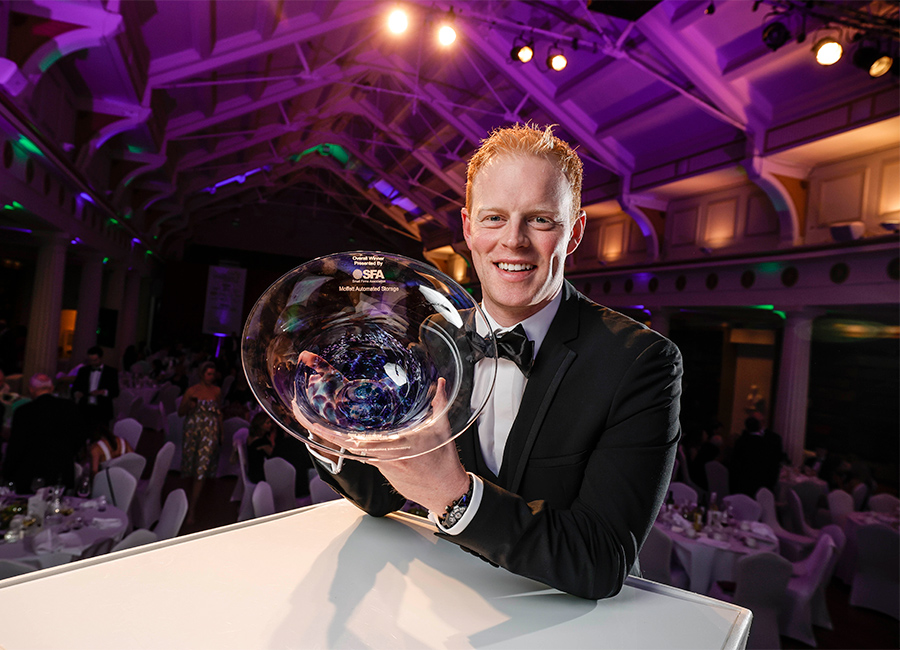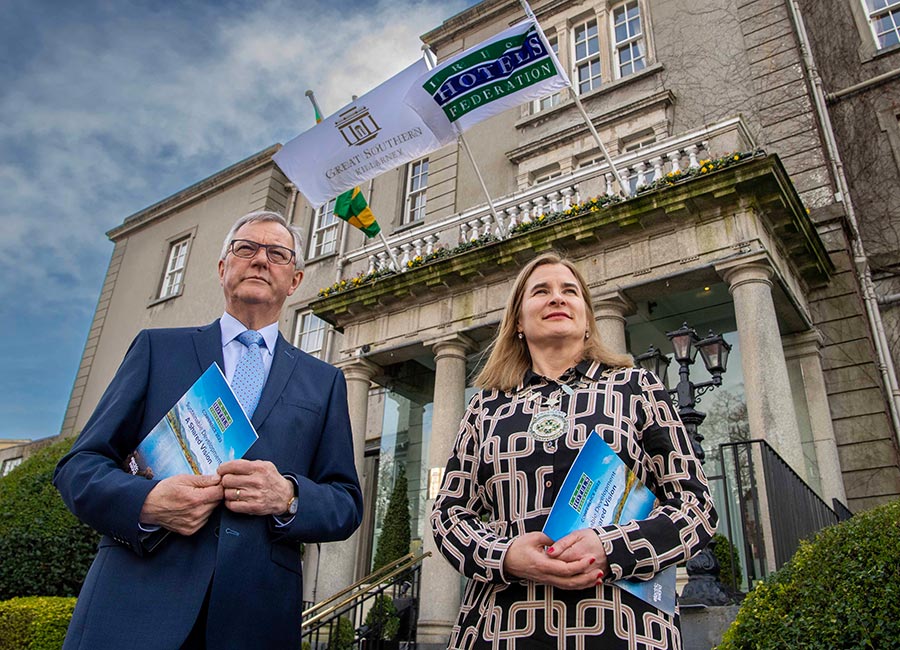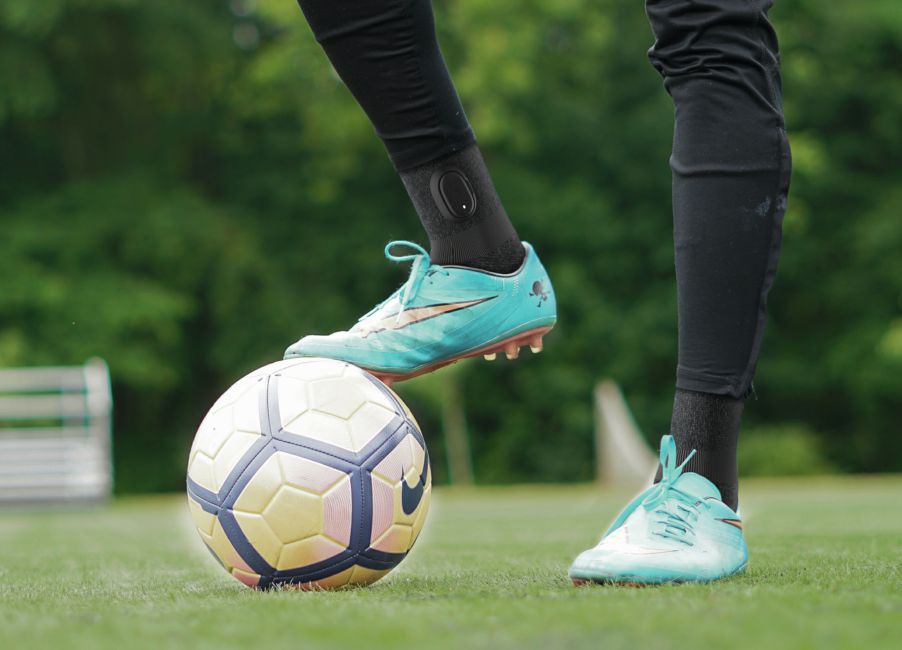Ciara Clancy believes the future of healthcare lies in mobile technology, and she’s putting her money where her mouth is. During her studies and work as a physiotherapist, Ciara developed an interest in Parkinson’s Disease, which hinders mobility by impairing victims’ ability to walk and causing freezing symptoms.
Using a treatment concept traditionally only offered in hospitals, in 2012 she launched Beats Medical, a mobile application which helps improve the mobility of Parkinson’s patients.
“When someone’s moving, there’s a signal going off in the brain, saying ‘step, step, step’,” she explains. “With Parkinson’s disease, that signal becomes impaired. So by providing an auditory cue or a metronome beat, we provide an external cue to help people control their movement and to give them back that signal again.”
People using the app complete a two-minute assessment each morning, after which the app prescribes them with auditory cues tailored to their needs. “And that’s what they listen to, to control their movements and get their steps flowing a bit better,” says Ciara.
Ciara was 22 years old when she launched Beats Medical. She’d been working with Parkinson’s patients as a physiotherapist, and she saw an opportunity for patients to bring their hospital and home treatments with them in daily life.
“If we could harness the capabilities of smartphone senses, assess people daily and provide treatment at home, we could make a real difference,” says Ciara.
Her work was recently rewarded at the Cartier Women’s Initiative Awards, where she was named laureate for Europe, the competition’s top award [pictured].
STEP ONE
The first step in launching Beats Medical was assembling a team and gathering research. Ciara was 22 and fresh out of Trinity College when she launched her venture, so she tapped some wise older heads. Sean Melly, the entrepreneur and investor, is chairman of the company’s board, and he has extensive experience in healthcare and telecom businesses.
“Ireland has many people who have scaled multinational businesses across the globe,” says Ciara. “People like Sean are willing to help young businesses like us to become the next multinationals.”
Ciara claims clinical trials have shown Beats Medical’s methodology improves stride length, walking speed and freezing symptoms in people between stage one and three of Parkinson’s disease.
Because Parkinson’s presents differently in each patient, users can try the app free for two weeks before buying. After the trial, the app costs €1 per day.
“We hear stories of people saying, ‘I’m walking to the shops again’,” says Ciara. “That’s huge. That’s their Everest. These are things that really demonstrate how technology can empower people to do things that had become quite difficult.”
Now that Beats Medical has completed research and development and officially launched the product, it’s time to campaign. “The biggest challenge at the moment is telling people about it. We have a product which is clinically validated, and now we need to tell people that an app is out there.”
WHAT’S NEXT
In 2016, the plan is to augment the Beats Medical app with add-ons to help with speech difficulties and hand movements. Ciara also sees an opportunity to help patients with stroke, dyspraxia and multiple scleroses symptoms. “We see this as very much the beginning. We think technology gives us an opportunity to help people with serious neurological conditions to live more independent lives.”











